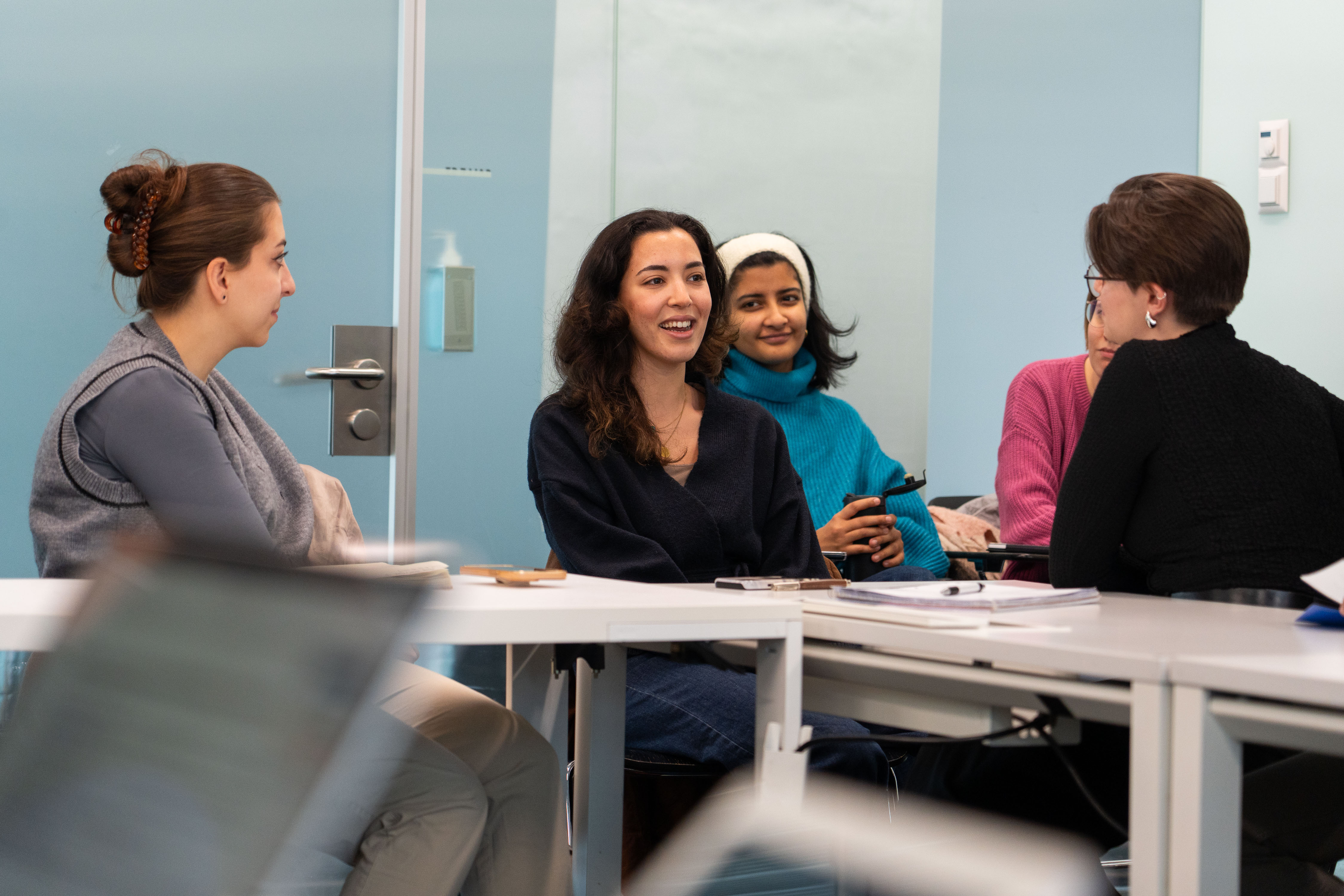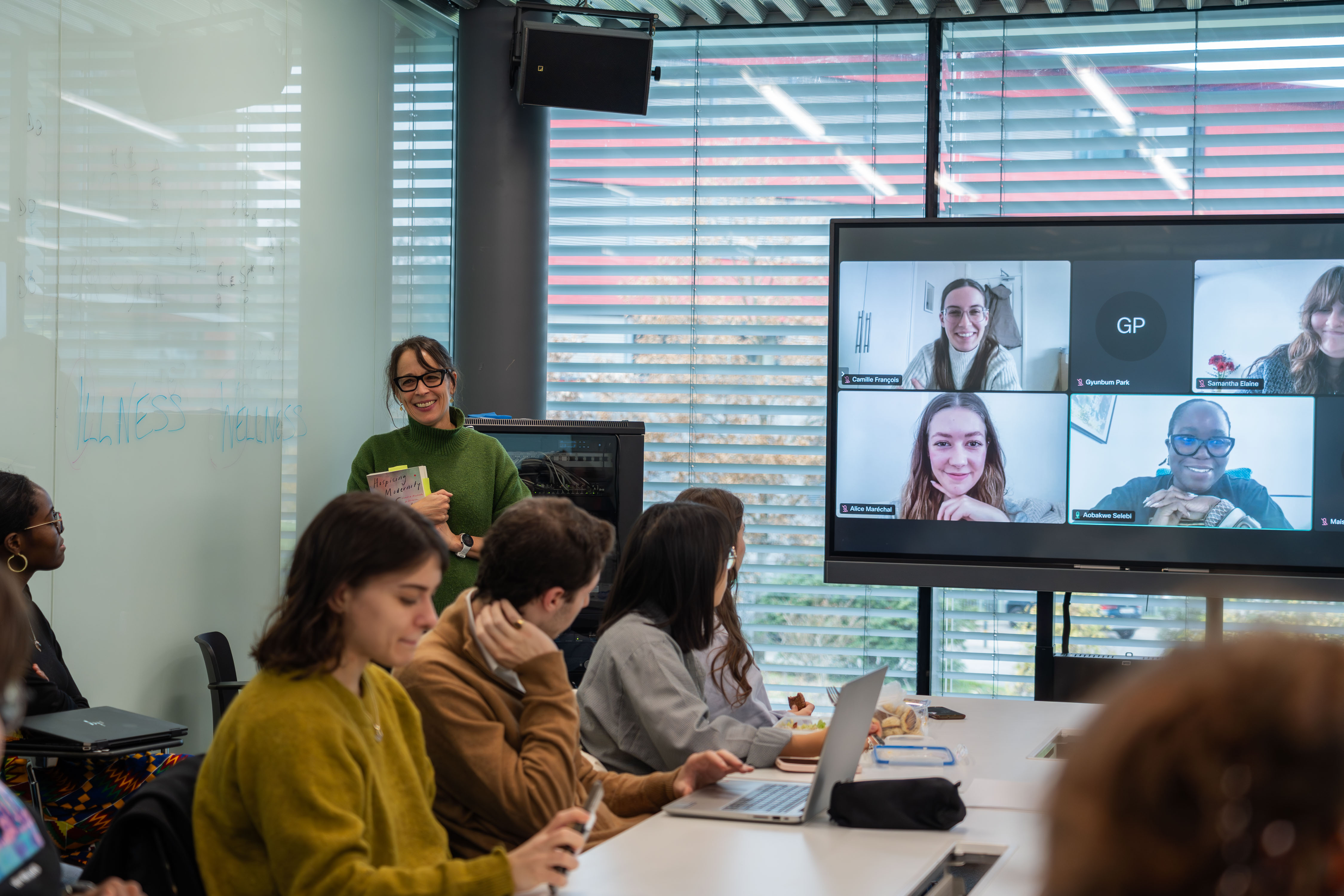This highly participative course examined the notion of “doing good” in the world. Through critical reflections on normative claims to alleviate human suffering, reduce inequality, and protect human rights,the course assessed the application of the principles of ”dignity and worth” for all people, as enshrined in the Charter of the United Nations. Students participating in the course were encouraged to reflect critically on their position of privilege, and how they might mobilise this privilege towards a greater collective good.
Continuing for five years, the course came to a semester's end in December 2024. The final class provided a holistic focus on the numerous and varied ways we can “do good”, and considered how the learnings from the course might be applied by students in their professional lives going forward. The guidance included main reflections and feedback outlined below:
What main lessons from the class have students retained?
The main lessons I have learned from our class entail that in a world shaped by unequal power dynamics, rights, and privilege, doing good requires more than just good intentions – it requires interrogation of our privileges, choices, underlying assumptions and dependencies to reflect who benefits from our “doing good” and how. In the end, if we must do good in the world, we must start with ethical reflection, humility, and deep listening. —Arghadeep, Geneva, 2024
I had come into this class with a pessimistic view of the international system. I saw the failures of the UN, ICC, and other international bodies as indicative of the rampant corruption and inaction of the international system. I used to believe that achieving high levels of authority required compromising your integrity from the start or abandoning your morality as you progressed through the hierarchy. However, attending Peace Week, listening to the Zionism Conference, and engaging with passionate members within this class has opened my eyes to the fact that the majority of people within these systems still hope to do good for the world. In essence, this class has revived my belief that instrument reforms to corrupt systems are still possible. — Alexander Hoang, USA, 2024
What I retained the most was the powerful force of connection with people who also want to engage in the world meaningfully. When I started my studies, I was overcoming emotional fatigue from being a social worker in pandemic times, seeing life and death, and feeling so powerless to help people with such limited resources in an unhopeful context. However, this class helped me heal. I was able to show my vulnerability and connect with colleagues who have been through similar and different struggles when trying to help others. I learnt that in order to “do good”, we need to feel good. And for that, we need to take care of ourselves! I took a mantra from this class that I put in a post-it that I often read: “Resting as a way of resistance” which helps me remind myself to rest and take care of myself when trying to help others — Sol, from Argentina but in Geneva at the moment, 2023 cohort.





